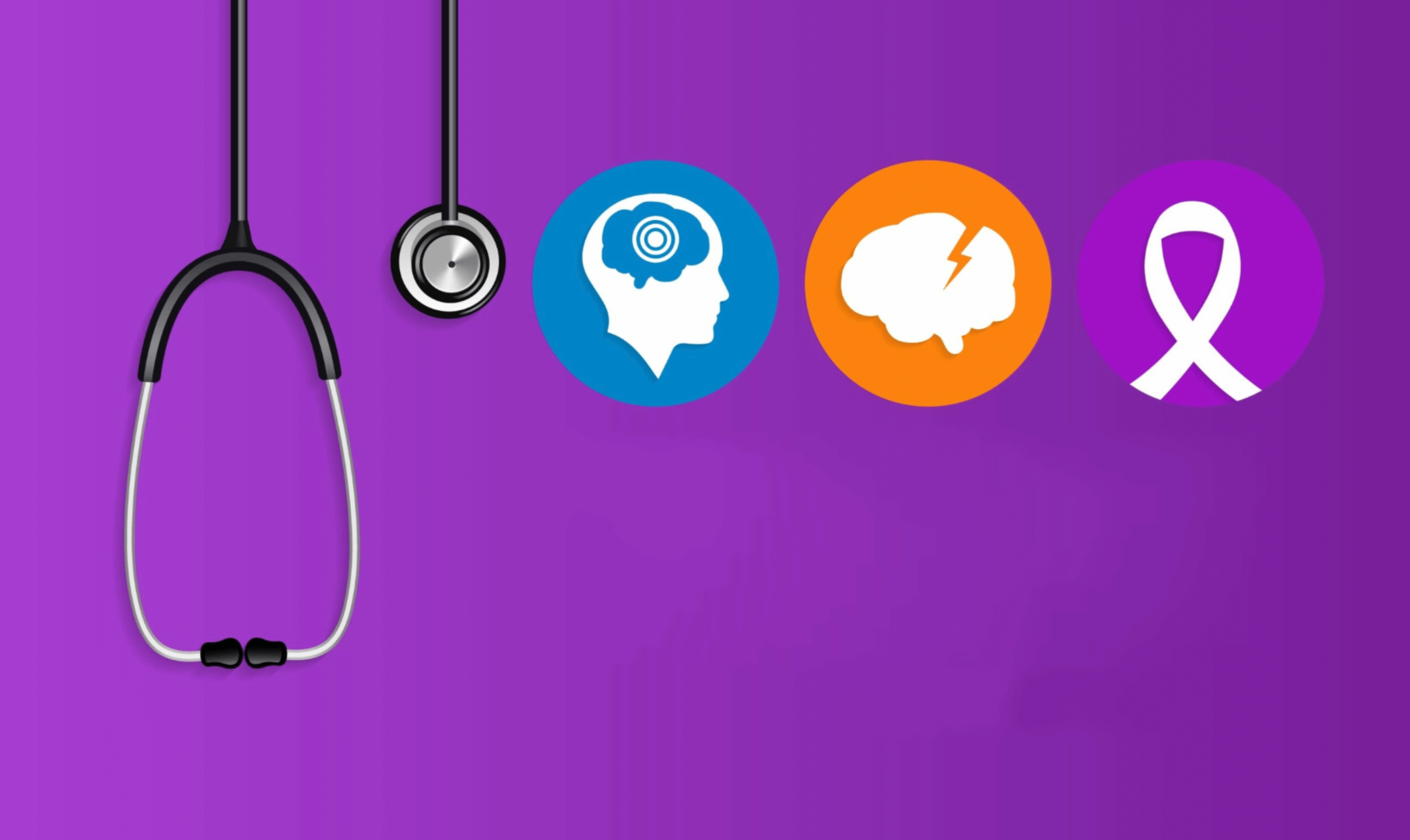Comments
- No comments found

Reducing exposure to risks and increasing safety by improving mental health evaluations and background checks are important across occupational ranges and individual categories.
Evaluations and checks for the majority seem to work out well, but for a few where they fail, the resulting costs and losses become painful in retrospect, for the missed red flags.
There are those who seem fine, but snap for some reason to an unexpected degree. It is often unclear if certain blowups are cumulative or just that one. There are others too, who snap for no known reason.
There are several roles where a steady mental health is required, even as the push and pull of uncertainties grow and unpredictability of situations widen.
There are standard procedures of evaluations, with assessment, surveys, questionnaires, records and so forth. There is, however, the central question of the brain for how decisions to do stuff come along.
There have been people who went on to carry out violent attacks because they felt lonely, disdained or ignored by others. Loneliness can happen when alone, or when among people. Loneliness, boredom or emptiness may not [or may] be felt even when alone and not doing anything engaging. Loneliness or boredom may be felt, when around people, or when it seems the options provided for certain situations are limited to what is fun for others, but not for all.
How does the brain work loneliness, boredom, abandonment, not mattering or emptiness? What makes it correlate with the external situation sometimes, or diverge from it? What makes it sometimes linger or dissipate fast? Why does it sometimes randomly bubble? What makes it sometimes induce more than what it is? What in mind gets confused for loneliness, that had necessitated aggressive moves by some?
These questions can be extended to several other states of mind, including happiness, sadness, violence, irritation, cravings, lethargy, mania, paranoia and so forth. Mental health evaluations and background checks are principally moment-to-moment because of the mutability of mind.
It is not possible to do the checks regularly because of resources and how an average stability gives a pass. However, there are people with issues they cannot explain, who know that opening up could result in some suspicion or stigma, so they just carry on. Sometimes, it works out well, a few times—for some—it does not.
It is how the mind decides conscious experience, per moment, not the lived experience that can improve checks and evaluations.
What does the brain put together to result in what serious loneliness is? The question is not what cell, molecule, electrical signal, ion, neuroimaging activity, center or tissue, the question is the loneliness felt, what is the direct mechanism of how the brain decides?
Knowing this can become a carry-on tool for people for regular and collective checks and evaluations in several lines of work, towards understanding what the mind is doing in what moment, to prevent chances for slips that may become harmful in terrible ways.
Experiences in the brain, theoretically, are a result of two factors, quantities and properties. Properties are destinations where experiences are defined. Properties include, loneliness, boredom, emptiness, irritation, frustration, pain, hate, hurt, shame, disappointment, hunger, thirst, anger, craving, intoxication, delusion, hallucination and so forth.
All these are obtainable across locations in the brain. Quantities relay there to acquire properties, for what becomes experienced—to varying degrees. This is how the mind underwrites interactions with the world. Cells and molecules of the brain build or construct quantities and properties to define experiences—but cells and molecules are not experienced.
No matter the external situation, whatever properties quantities acquire become what gets experienced. This is the reason that what should hurt does not always do, what should satisfy does not always do, people in the same situation, at the same time don't always have the same conscious experience of it, or understanding and so forth.
All memory, reactions, feelings, emotions are properties in the brain.
Theoretically, quantities emerge from sensory processing or integration in the thalamus and olfactory bulb [for smell]. It is where they become the versions, equivalent or representation of senses to the brain. Quantities are thoughts or in the form of thought. They go around to acquire properties in what becomes known, understood, felt and reacted to.
Quantities have pre-prioritized and prioritized phases. They have sequences [old and new] of travel to property destinations. Properties also have a principal spot where they have the most dominance.
Conscious experiences at any moment are determined by these relays in the brain, constructed by cells and molecules. There are degrees of properties. For example, to feel cold when it is cold, or to know what cold is when it is not, or what it means when someone else is in the cold—without a jacket.
Displaying this property determinations, their locations and how quantities relay, in workplaces and available on devices or in places of high risks, could be useful to have more control against automatic [pre-prioritized quantities making] determinations or prompts, in the moment, towards personal or collective harm.
It will also be useful to know the range, to seek harmless alternatives, or communicate extent, in a standard that can be helpful to proportionate care or attention—seeing within, seeking help, seeing others and saying.
It could also be useful to explain this, during evaluations and checks, to know how the mind works, to then explore how questions are asked back to understand how some would independently engage with it, for safety against self-harm or to others.
Leave your comments
Post comment as a guest